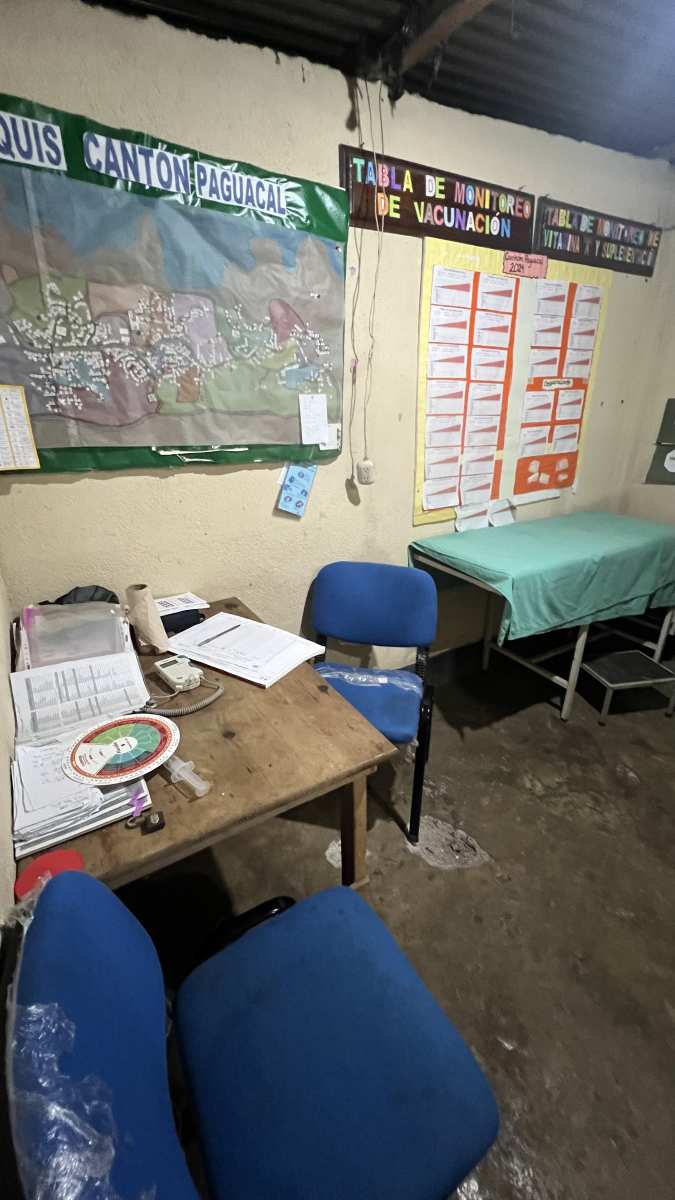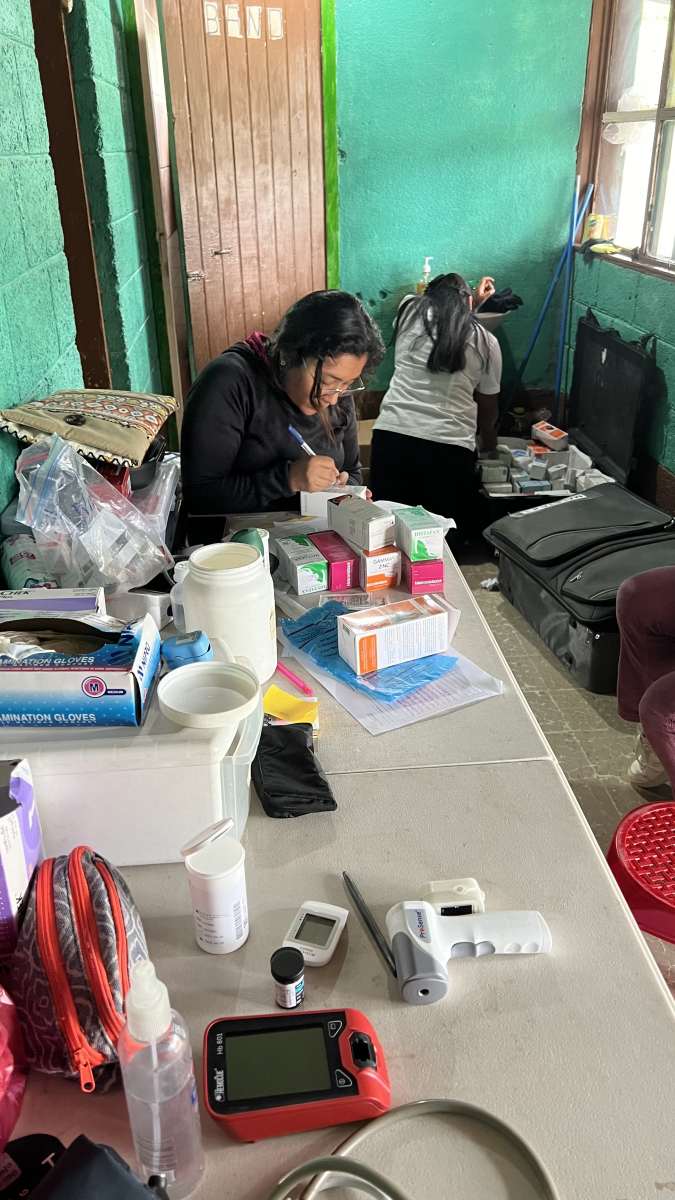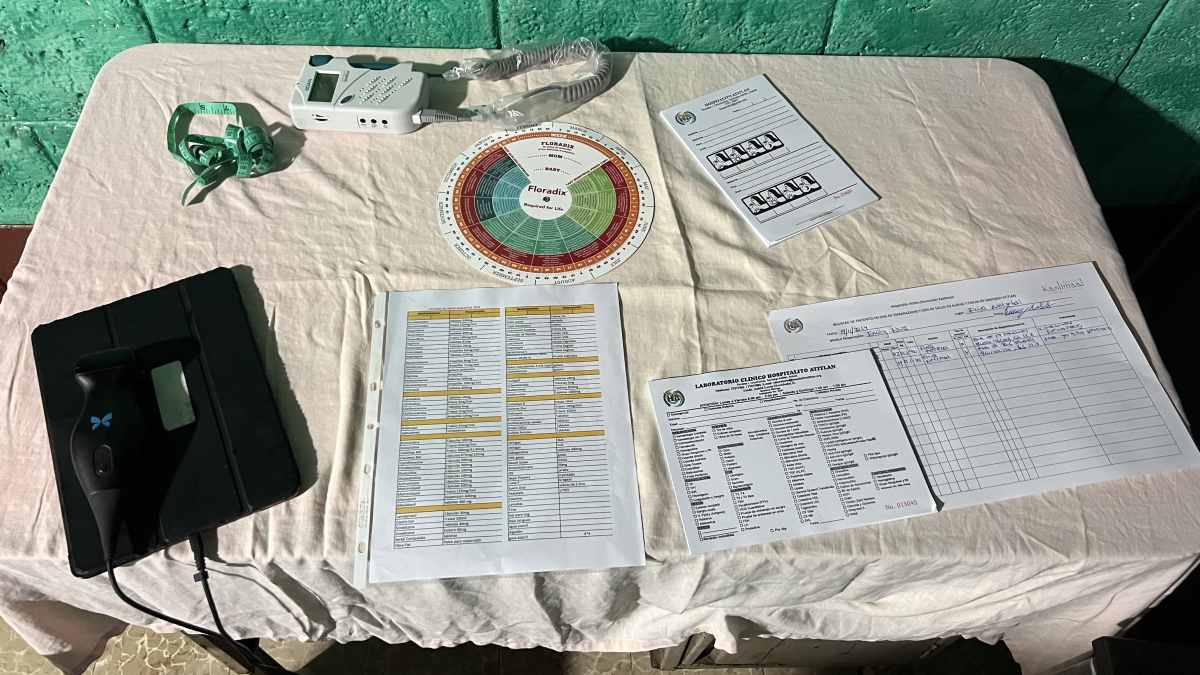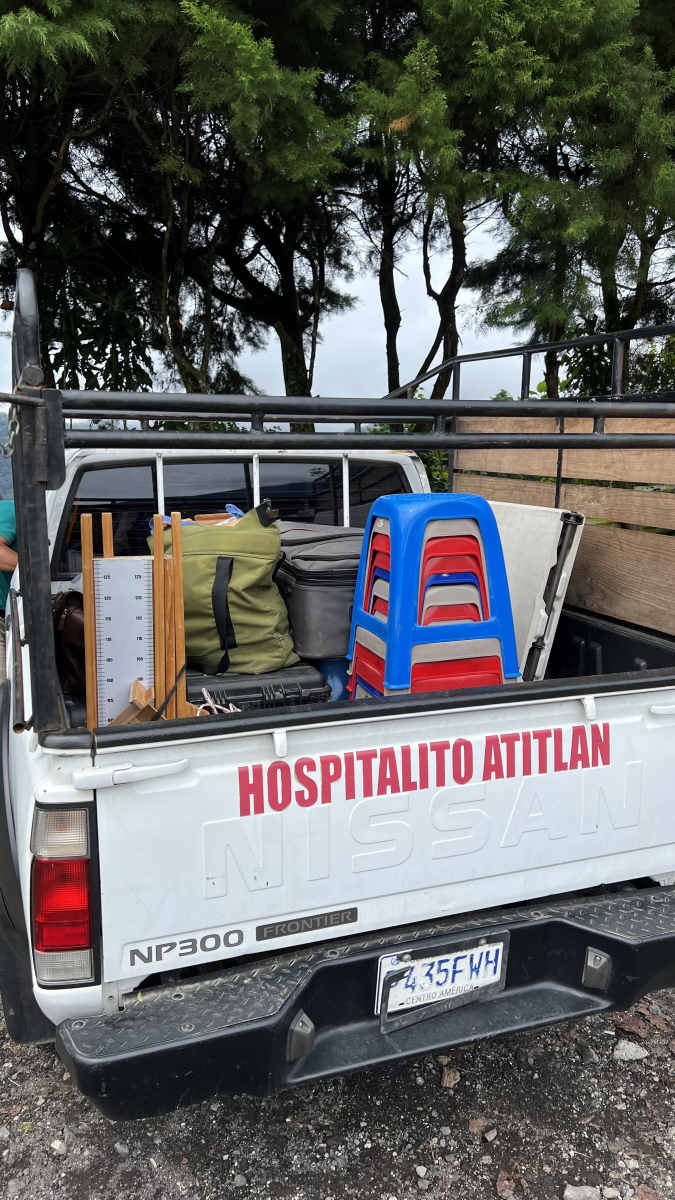This project aims to develop a bidirectional academic collaboration between Hospitalito Atitlán (HA) in Guatemala and the University of Pennsylvania. Specifically, the project will establish a formal case conference to review challenging OBGYN cases as well as a consulting service with the goal of creating an academic culture at Hospitalito Atitlán. We hope that this will help empower physicians and healthcare team members to engage in formal education opportunities, improve team morale and professionalism, and hold physicians accountable to the delivery of high quality and evidence based care. In addition, we will perform a formal needs assessment to determine the goals and priorities of the local population and HA staff, the perceived benefits and challenges of creating a formal academic culture at HA, and the factors contributing to the high cesarean section rate at HA. The results from this needs assessment will be used to inform the goals and methods for future projects and will be essential for future grant funding applications.
HA is a small nonprofit hospital that serves the community of 75,000 rural, indigenous Guatemalans in Santiago Atitlán. Guatemala’s maternal mortality rate is higher than other surrounding Latin American countries, and poor, rural, and indigenous Guatemalan birthing people have worse perinatal outcomes compared to their counterparts. HA has limited access to regular OBGYN care. There is currently one consultant OBGYN physician who travels to HA from far away to provide OBGYN care to patients. The cesarean delivery rate at Hospitalito Atitlán is higher than the national average, with a rate of 100% compared to 26% in Guatemala. In addition, HA does not have an OBGYN academic affiliation and no formal academic culture in place. There are no regular educational or professional development opportunities, such as case review, maternal morbidity and mortality conferences, quality improvement initiatives, or other CME opportunities.
My longstanding interest and experience in global health will be an asset to this project. I spent one year working at Hospitalito Atitlán as a Princeton in Latin America Fellow prior to medical school. In this role, I served as a medical interpreter for visiting US volunteer physicians and assisted in the HA mobile prenatal clinic outreach clinics, which provided prenatal care to some of the most rural and underserved members of the community. I gained insight into the cultural, language, and structural factors impacting health outcomes in this indigenous community. The connections I made with faculty and staff at Hospitalito Atitlán during that time will be a strength to this project, as it will enable further relationship building with local healthcare providers necessary to achieve local buy-in for this project.
This project aims to reduce cesarean delivery rates at HA through development of a bi-directional academic collaboration between HA and University of Pennsylvania. Specifically, the project will develop and implement a formal conference for regular review of challenging OBGYN patient cases at Hospitalito Atitlán and establish a consulting service between University of Pennsylvania and Hospitalito Atitlán. This project has the potential to empower the physician and healthcare team to engage in formal education opportunities, establish an academic culture at HA, and to improve team morale and camaraderie. In addition, this project may help hold OBGYN consultant physicians accountable and improve delivery of high quality and evidence-based care.
This pilot project aims to formally study the local population’s goals and priorities and the factors contributing the high cesarean section rate at HA. The findings from the needs assessment will be used to inform goals for future projects. Specifically, identification of the main factors contributing to the high cesarean section rate will be used to drive targeted obstetrics education and other interventions at HA in the future.
Successful completion of this 4 week pilot project has the ability to institute a sustainable, long term partnership between OBGYN physicians at HA and the OBGYN department at UPenn. There is a growing interest in women’s global health among OBGYN residents in the US. However, and this partnership would provide a means for OBGYN residents at GW, UPenn, and other institutions to engage in global health work in a meaningful, sustainable manner. While focused primarily on the local healthcare team at HA, this project may also serve as a model for the development of a bi-directional academic collaboration at other hospitals throughout Guatemala and in Latin America.







